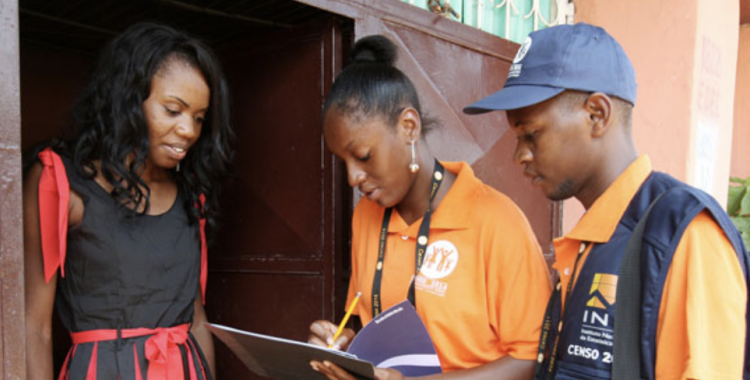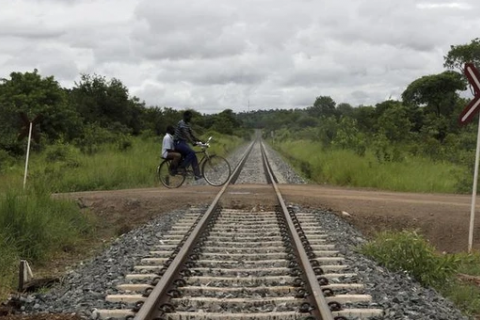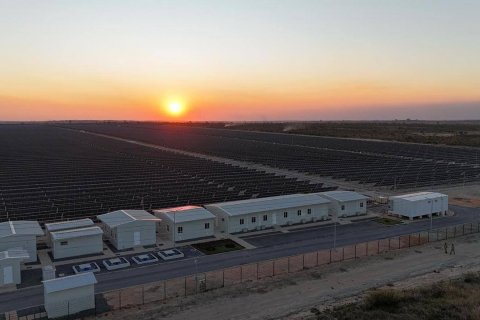The information was released this Friday by the general director of the National Statistics Institute (INE), Joel Futi, who reported that the process of pairing data from the population census, which ended in November 2024, and the coverage survey (post-census) carried out in December is currently underway.
In statements on the sidelines of the ceremony to present the results of the Multiple Health Indicators Survey (IIMS) 2023-2024, Joel Futi also announced that the body he heads does not currently have any “effective debts” with census agents.
He announced that the INE spent around four billion kwanzas to settle debts with agents who worked on the General Population and Housing Census (RGPH) 2024, which took place between 19 September and 19 November throughout the country.
The authorities have publicly acknowledged the constraints encountered during the RGPH, a process initially scheduled for 19 July 2024, but which began on 19 September and was supposed to end on 19 October, but was later extended to 19 November, followed by the repechage or post-census phase, which ended in December.
Dozens of census agents throughout Angola have complained, following the operation, about the payment of their respective subsidies.
This Friday, the Director General of the INE highlighted that the population census involved around 160 thousand agents and several service providers, stating that the operation was “complex and involved a very heavy machine”.
He assured, however, that at the moment the institution does not actually have any debts with the census agents, admitting, however, that there are specific complaints, especially in Luanda, but that they have been addressed.
“The situation is under control, it is calm, only in Luanda do we still have some cases (…). We have some groups of organized agents who are trying to demonstrate in front of our facilities, but we are currently dealing with the case of these agents”, he assured.
Regarding the INE’s debt to suppliers, Joel Futi noted that this is estimated at around eight billion kwanzas, considering that in this area the “challenges are greater”, mainly due to the institute’s lack of financial availability.
“As for [the debt] to companies, there are greater challenges, because we still do not have the financial availability. However, we have been telling companies to stay calm (…) and we are working with the Ministry of Finance to see if we can make these payments during the course of this year”, concluded the institute’s director.







